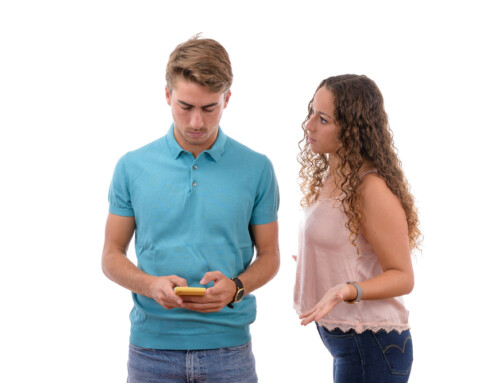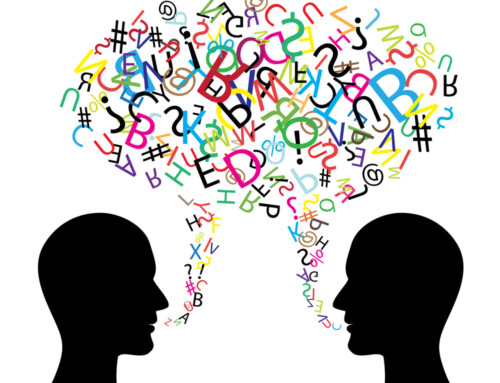What is empathy?
{3 minutes to read} The word empathy comes from the Classical Greek word empatheia. Affection and passion comes from en-(in) + pathos, meaning “feeling.”
Empathy is the experience of understanding another person’s thoughts, feelings, and conditions from his or her point of view rather than from one’s own; it is the capacity to place oneself in another person’s position.
Unlike sympathy, which means feeling sadness or pity for someone who is undergoing some type of hardship, empathy promotes selfless compassion and action on behalf of another person.
The ability to feel empathy can be shaped by our genes. Most children are naturally prone to being empathetic but they can also be influenced by their environment and cultural factors. As adults, I believe that we can also learn how to develop empathy for others.
Below are some of the ways we can express empathy:
•Awareness/Listening: Be aware of what the other person is feeling and what’s behind that feeling. Listening is the most effective way you can demonstrate empathy to others. If you experienced a similar situation, you may mention it very briefly but describing your experience to someone who wants to be heard is not helpful.
•Agenda/Open Up: In addition to listening, set aside your own agenda and focus outwards, on the needs of the other person.
•Withhold Judgment: This is not the time to tell the other person what they should or should not be feeling, or that they are wrong.
•Offer Physical Affection: Depending on the circumstances, putting your hand on the other person’s arm, or a hug, may be appropriate. You will be the judge.
•Action: Take action on meeting their needs. Offer your help.
One does not have to have experienced the same challenge in order to have empathy. As a matter of fact, some people who have shared similar experiences and overcome them may feel less empathy. They may not always remember the similar level of pain that they experienced in the past. They may also feel less empathy because, in retrospect, they know that they came through their stressful event with a positive result — so why wouldn’t the other person also experience that result?
Empathy helps us relate to and communicate with family members, friends, work colleagues and even with people we may encounter, with whom we never had any prior connection.
I encourage you to click on this link below and watch this short and compelling video which illustrates empathy:
Jennifer Safian
divorce and family mediation
upper east side of manhattan (nyc)
new york, ny
(917) 881 5206
jpsafian@gmail.com
Latest posts by Jennifer Safian (see all)
- misinterpreting your partner’s demeanor may lead to conflict - October 9, 2024
- demystifying the money talk - September 11, 2024
- why are we afraid to discuss money? - August 21, 2024






Leave A Comment